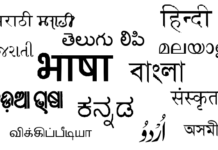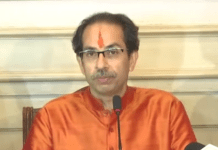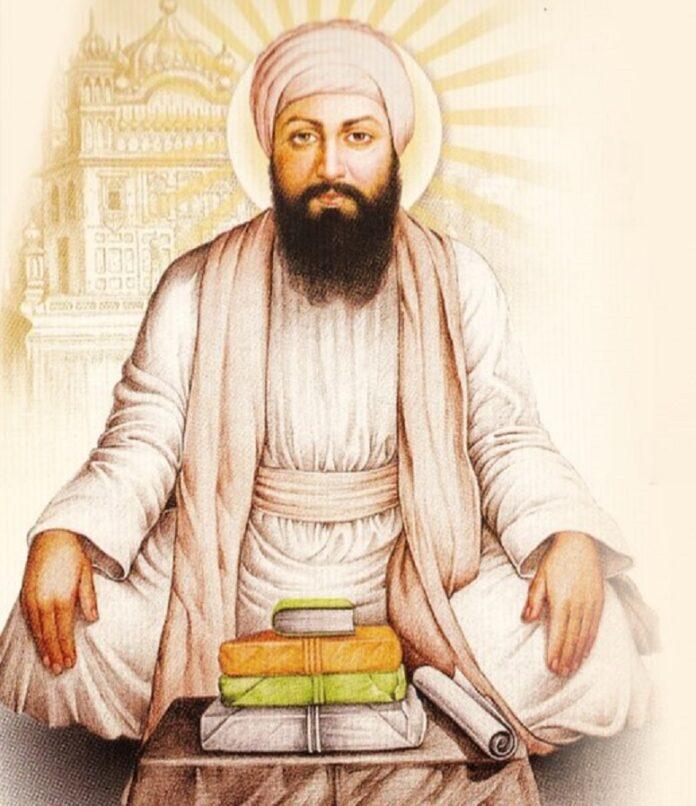Every time you read or write something in Punjabi, you should remember that this basic facility that we often are unaware comes courtesy genius of Guru Angad. He is the one who developed and introduced the indigenous Indian script “Gurumukhi” that is used to write Punjabi language in India (across the border in Pakistan, a Perso-Arabic script is used to write Punjabi). Development of Gurumukhi helped much needed objective of compilation of teachings and messages of Guru Nanak Dev which ultimately took shape of “Guru Granth Sahib”. Also, growth of culture and literature of Punjab would not have been the same as what we see today without Gurumukhi script.
Genius of Guru Angad Dev is more perceptible in the way he gave practical tangible shape to Guru Nanak’s idea of offering dignity and rendering justice to the victims of atrocious social evils. Untouchability and caste system was rampant and had failed to offer a dignified life to significant sections of Indian population. Guru Nanak Dev offered dignity to the people in the lower rungs of society by emphasising that everyone is equal. But it was his disciple successor Guru Angad Dev who directly and practically challenged untouchability and caste system by institutionalising the egalitarian practices of langar (or the community kitchen). No high and no low, all are equal in langar. Sitting on the floor in line everybody shares the same meal irrespective of position in the society. Langars of Gurudwaras are notable worldwide for offering free meals to anybody irrespective of caste, class, race, or religion. Langar really means a lot to those who have faced caste discrimination in the community. This is perhaps the most visible and the most laudable face of ideas set in motion by Guru Nanak.
Guru Angad Dev (born on 31 March 1504; birth name Lehna) was son of Baba Pheru Mal (he was not the son of Guru Nanak). He attained Joti jot in 1552 (“Joti jot samana” means merging with the God; an honourable term used to refer to “death”)
***
Related article:
1. Guru Nanak: Relevance of Guru Nanak’s Teachings to India’s Economic Development
***

























